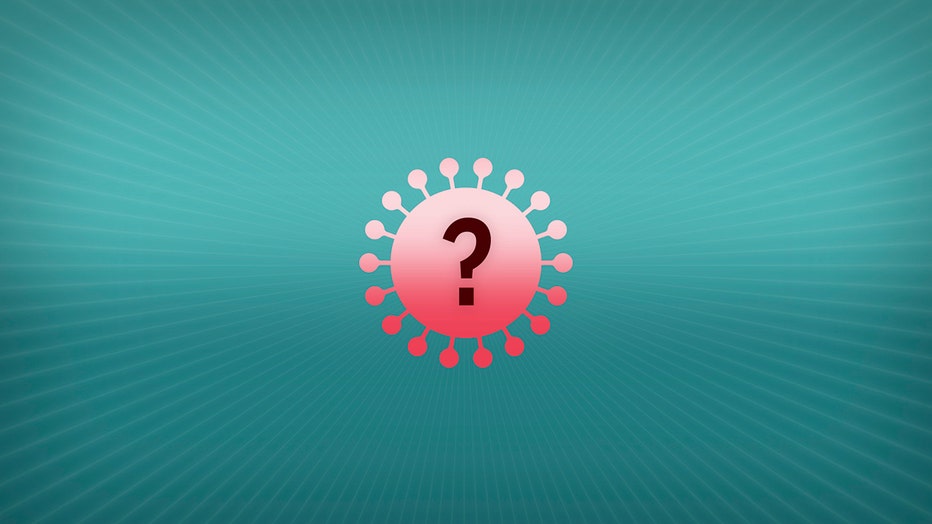How has the COVID-19 pandemic changed after two years?
Pandemic in NYC: 2 years later
On March 11, 2020, New York City had tallied 48 total COVID cases. Now two years later, more than 2.2 million cases have been recorded.
How has the COVID-19 pandemic changed after two years?
More countries are shifting toward a return to normal and learning to live with the virus. Safe, effective vaccines have been developed and there's a better understanding of how to treat people sickened by the virus.
Two years after the pandemic began, questions remain about the coronavirus. But experts know a lot more about how to keep it under control.
The virus mainly spreads through the air when an infected person exhales, talks, coughs, or sneezes. It's why health officials have encouraged the use of masks and ventilating spaces, instead of focusing on advice to wipe down surfaces as they did early on.
Get breaking news alerts in the free FOX5NY News app | Sign up for FOX 5 email newsletters
COVID-19 to become 'seasonal virus,' CDC director expects

(AP Illustration/Peter Hamlin)
Treatment has also evolved for people who get sick or need to be hospitalized. Among the options are antivirals, such as the drug remdesivir, or newer pills from Pfizer and Merck; anti-inflammatory drugs including steroids; and depending on what variant is circulating, lab-made antibodies to attack the virus.
"The world has watched us learn in real-time how to treat COVID-19," says Neil J. Sehgal, an assistant professor of health policy and management at the University of Maryland School of Public Health.
COVID-19 vaccines were also developed in record time. As of early March, 10 vaccines have been cleared for emergency use by the World Health Organization.
Mandatory masking in schools reduced COVID-19 cases during delta surge, study finds
Still, the distribution of vaccines has been unequal despite an international effort to deliver shots more fairly and misinformation has fueled hesitancy about the shots.
And there's still much left to learn. Studies are underway to better understand long COVID-19, which can persist for months after the initial infection. And scientists are on the lookout for the next fast-spreading variant.
"Eventually every country will have to learn to live with COVID," Sehgal says.
What is long COVID?
Dr. Ted Long, the executive director of the NYC COVID-19 Test and Trace Corps, has a concise definition of so-called long COVID.
Related Stories
- How will the world decide when the pandemic is over?
- Pandemic triggered children's mental health emergency, groups say
- What are COVID-19 breakthrough cases?
- How the coronavirus pandemic can attack your mental health
- WHO chief: Science delivered but politics triumphed amid pandemic

